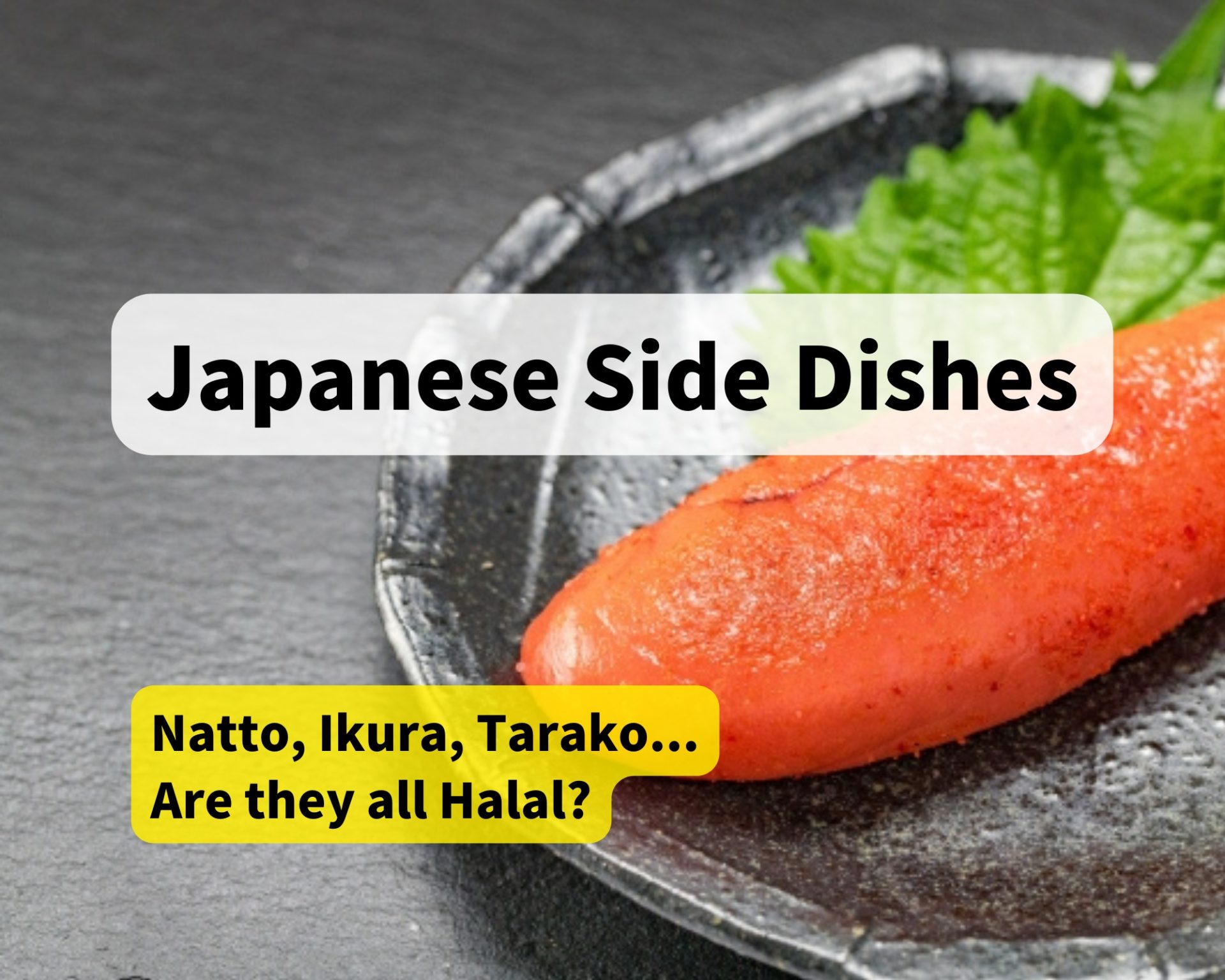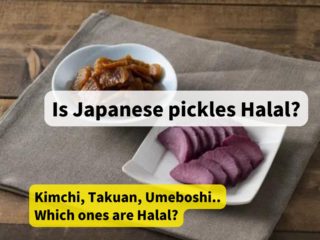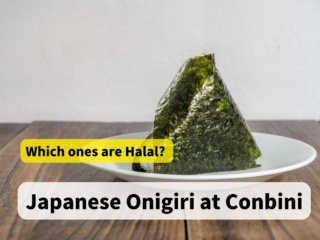Japanese original side dishes.
Japan has a very unique food culture, and many of them only exist in this country. As a Muslim, there is a concern how the food that you see is processed, because we use alcohol or pig / animal-derived ingredients when making our food.
Many restaurants pay attention on the main ingredients, but not so much on side dishes such as Natto, Ikura or Mentaiko.
Today, we are going to give you some basic knowledge on how the Japanese side dishes are made. This does not guarantee the food is 100% Halal or haram, but we hope we can give you a little heads up for our side dishes.
We are going to introduce the following side dishes.
Natto (納豆)
Katsuobushi / Okaka (鰹節 / おかか)
Tofu (豆腐)
Konnyaku / Shirataki (蒟蒻 / 白滝)
Nori (海苔)
Ikura (いくら)
Tarako / Mentaiko (たらこ / 明太子)
Side dish free from animal-derived ingredients and alcohol.
Natto (納豆)
Probably the most famous and weird Japanese side dish. Natto has a very strong smell which is not so attractive for many people, but the dish is the one that represents Japanese cuisine.
Natto is made from dried soybean and a type of bacteria that causes fermentation. The bacteria is called Natto bacteria and it is the reason why Natto has this unique smell.
Natto may have small amount of alcohol as a result of natural fermentation, which is usually considered as Halal by many religious authorities, which makes Natto itself Halal.
However, what you have to be careful is their sauce, because this may contain soy sauce and Mirin alcohol. If you want to avoid this, use your own Halal soy sauce or salt to season Natto.
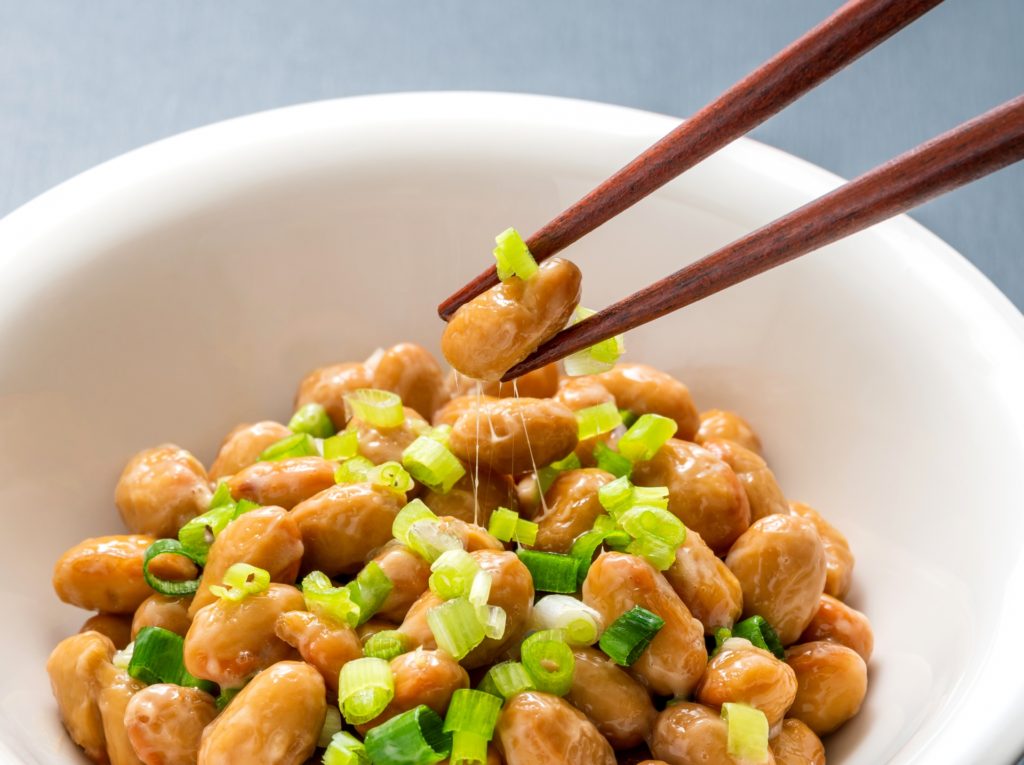
Katsuobushi / Okaka (鰹節/おかか)
Katsuo is bonito in English. Katsuobushi is dried bonito flake, and it is used in various ways such as making broth or as a topping. Okaka is also bonito flakes, but it is usually seasoned with soy sauce or mayonnaise.
The dried fish flake itself is totally Halal, however, seasoning used along with the flake should be taken care of as this may contain alcohol.
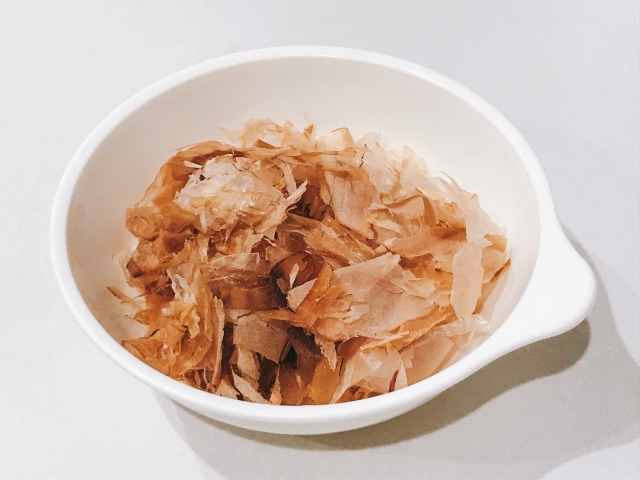
Tofu (豆腐)
This is another famous Japanese food. This white, soft, healthy food is originally from China. There are so many types of Tofus in Japan, such as Kinu Dofu, Koya Dofu or Atsuage.
Most of them can be Halal, however, what you have to be careful is the Fried Tofu. This is because the oil they are using to fry may be animal-derived.
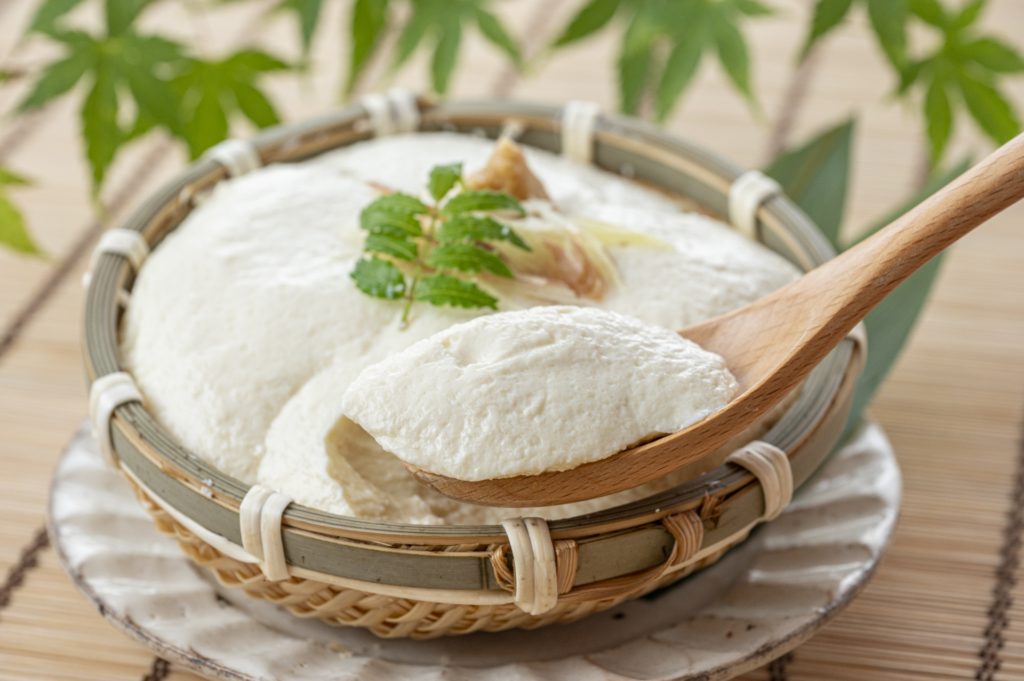
Konnyaku / Shirataki (蒟蒻/しらたき)
Although it does not have very appealing look, Konnyaku is widely eaten in Japan. It is a food made from potato, which is nutritious with lots of fiber, but almost no calories! The texture is very chewy and like a jelly. Shirataki is white in color with noodle-like shape, which is also made from potatoes.
They are made from very natural ingredients, but Miso paste, which is topped on Konnyaku often, should be Halal to eat safely.
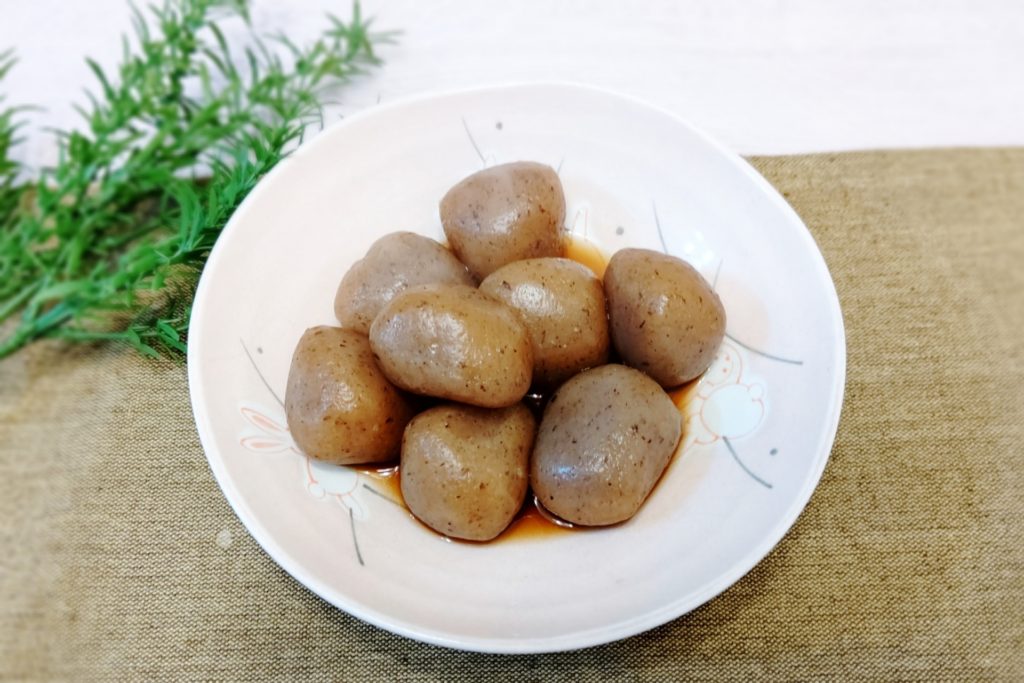
Side dish that may contain either animal-derived ingredients or alcohol.
Nori (海苔)
Probably you have seen this black paper-like food from Onigiri or Sushi. Yes, it is called Nori, made from seaweed. The real authentic Japanese Nori seaweed is now very luxurious, and it is very expensive. Still, we would like you to try when you have a chance, because you will see the difference!
However, please make sure not to choose Ajitsuke Nori, a seasoned seaweed. There are two types of Nori, one is with seasoning like soy sauce and Mirin, another one is plain calles as Yakinori (焼き海苔). This alcoholic seasoning for Ajitsuke Nori can be haram, so only choose Yakinori.
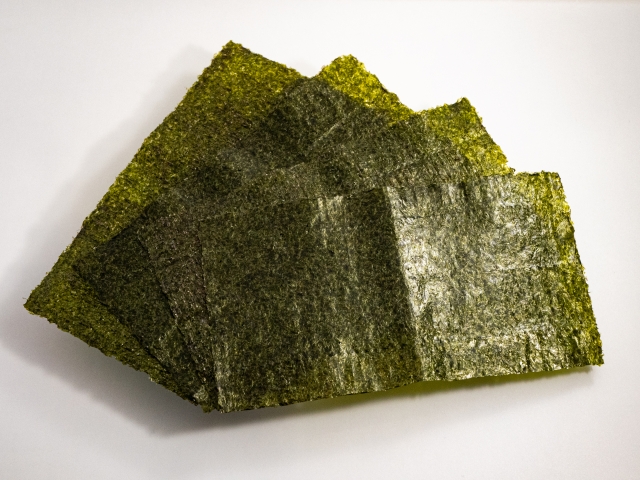
Ikura (いくら)
Ikura is fish roe of salmon, seasoned in sauce. It is often used as a topping for Sushi because of its very attractive looking. However, in the making process they are soaked in the sauce that contain alcoholic seasoning or Sake alcohol.
This alcohol works to preserve the fish roe longer, but finding Ikura without alcoholic seasoning is pretty difficult.
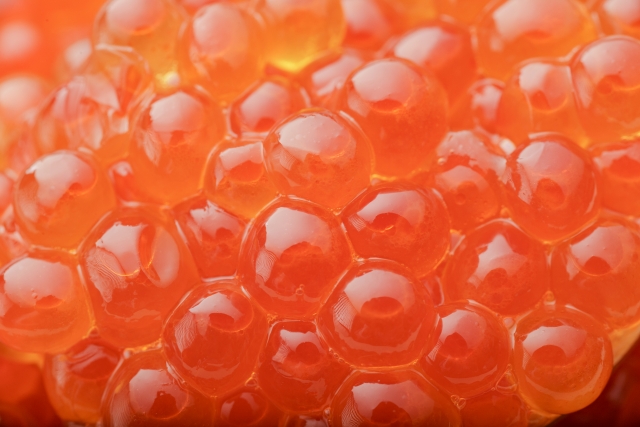
Mentaiko / Tarako (明太子 / たらこ)
Mentaiko and Tarako are also made from roe of cod fish. By adding chili powder into Tarako, Mentaiko can be made. Fukuoka is famous for Mentaiko, but it is widely eaten in Japan. You may even see them in Pasta, a plate very popular among Japanese.
However, the item is highly doubtful because the sauce to put fish roe is using alcohol. Unlike Ikura, this alcohol is usually evaporated, but it is true that alcohol is used in their making process. As there are some Halal certified Mentaiko powder, choosing them will be much safer.
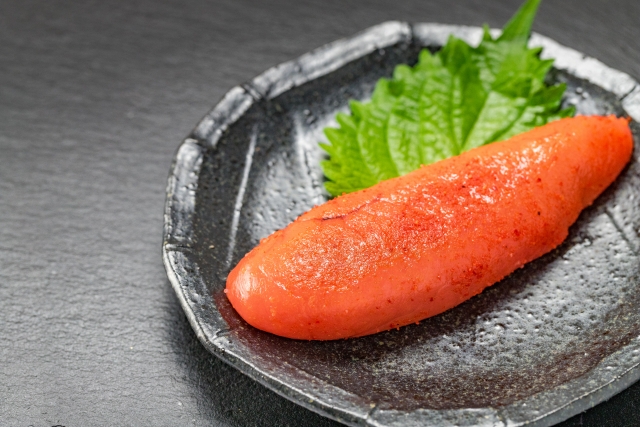
Enjoy Japanese cuisine!
It is unfortunate that we cannot judge all the Japanese side dishes without looking at their recipes or ingredients, however, we hope at least you are now aware of what you have to be careful of.
As we always say, it is your judgement to decide what is Halal or haram, but we will be happy if you could use this basic knowledge in making a decision.
Japanese side dishes are often used in Onigiri rice balls, you can also check this article to enjoy Onigiri experience.

